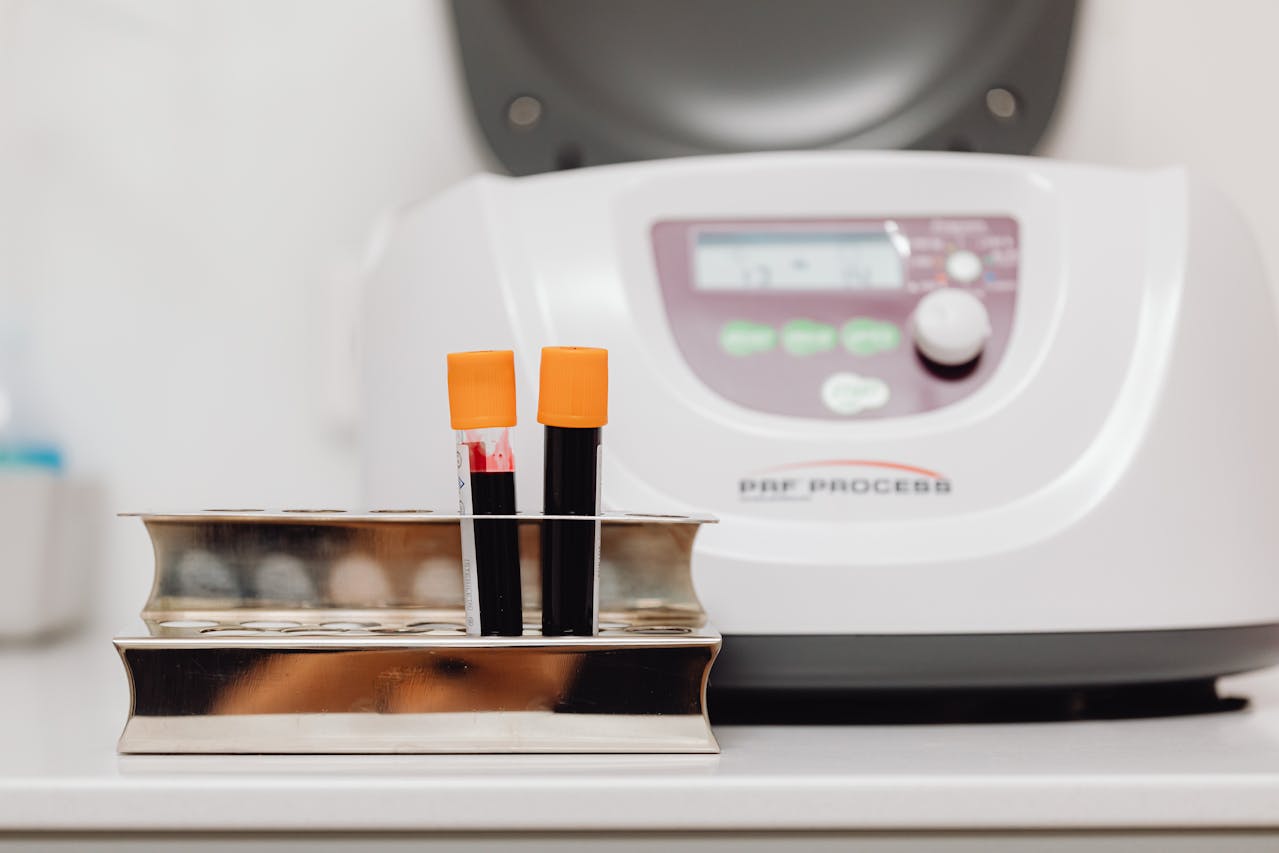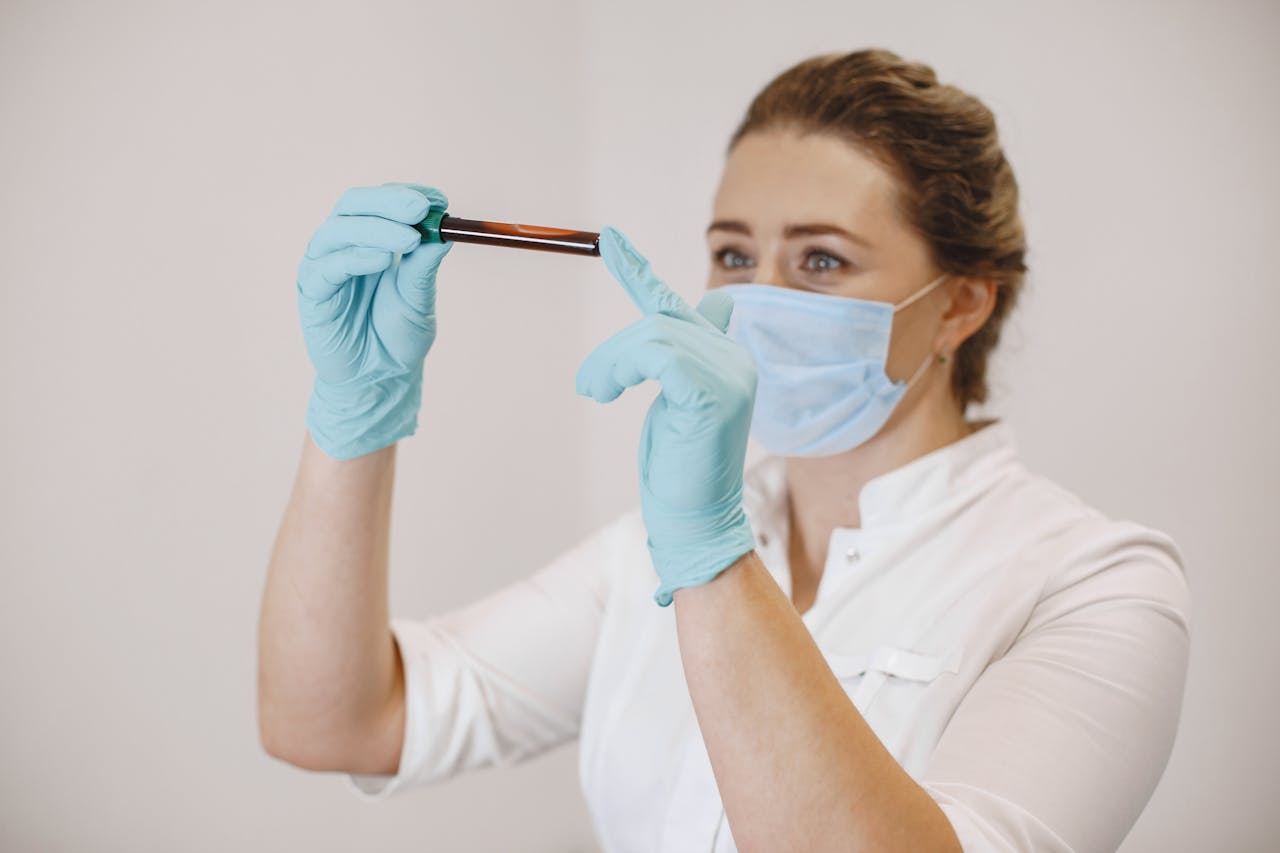Hepatology is a subspeciality of internal medicine that focuses on diagnosing and treating liver, gallbladder, bile duct, and pancreatic diseases. Hepatologists play a crucial role in managing conditions such as hepatitis, cirrhosis, liver cancer, and fatty liver disease.
As liver-related diseases rise globally, so does the demand for hepatology professionals. If you’re planning to pursue a medical degree, a future in hepatology offers a promising path with real clinical impact.
What Do Hepatologists Treat?
Hepatologists are experts in managing complex digestive and liver conditions. They commonly deal with:
- Hepatitis A, B, and C
- Alcoholic liver disease and non-alcoholic fatty liver disease (NAFLD)
- Cirrhosis and liver failure
- Gallstones and biliary tract disorders
- Liver tumours and hepatocellular carcinoma
- Genetic liver diseases like haemochromatosis and Wilson’s disease
In addition to diagnosis and treatment, they coordinate care for patients undergoing liver transplants and provide long-term disease management plans.
How to Become a Hepatologist
Becoming a hepatologist requires years of specialised training. Here’s a typical pathway:
Step 1: Complete Pre-University Studies
Start with a foundation in science to build strong academic fundamentals in biology, chemistry, and physics.
Step 2: Earn a Medical Degree
Next, enrol in a recognised medical degree in Malaysia to gain clinical knowledge, hands-on hospital experience, and early exposure to internal medicine and hepatology.
Step 3: Specialise in Internal Medicine
After completing your housemanship, apply for residency in internal medicine. This stage typically takes three to four years and includes rotations in gastroenterology and liver-related fields.
Step 4: Subspecialise in Hepatology
Following residency, you can pursue subspecialty training in hepatology through a fellowship or clinical posting. This includes advanced diagnostic training, liver biopsy procedures, endoscopy, and liver transplant management.
Skills and Qualities Needed
To succeed in hepatology, you’ll need both clinical expertise and soft skills:
- In-depth understanding of liver pathophysiology
- Ability to interpret liver function tests and scans
- Competence in procedures like paracentesis and endoscopy
- Strong communication skills to explain complex conditions to patients
- Research skills for clinical studies and academic work
A degree in biomedical science can also be a strong foundation if you’re inclined toward research in liver diseases.

Where Hepatologists Work
Hepatologists practise in a range of environments, including:
- Public and private hospitals
- Gastroenterology and liver clinics
- Liver transplant centres
- Research institutions and universities
- Government agencies and global health organisations
They may also contribute to drug development and public health strategies focused on hepatitis prevention and liver disease awareness.
Why Consider a Career in Hepatology?
Hepatology offers a high-impact career with growing demand in both clinical and academic settings. It is especially relevant in countries facing high liver disease burdens. For aspiring doctors interested in internal medicine, digestive health, and long-term patient care, hepatology is a field that blends patient interaction with technical precision.
Final Thoughts on Careers in Hepatology
If you’re driven to make a difference in patients’ lives and enjoy the challenges of internal medicine, hepatology could be the perfect speciality. With the right academic path—starting from a foundation in science and continuing through a medical degree—you can build a fulfilling, high-impact career in this vital medical field.
FAQs about careers in hepatology
1. What are the entry requirements to become a hepatologist?
You must first complete a recognised medical degree, followed by an internal medicine residency and hepatology subspecialty training.
2. Can I become a hepatologist with a biomedical science degree?
A degree in biomedical science is an excellent start if you aim for research-based roles in hepatology, but you’ll need to study medicine to become a practising hepatologist.
3. Is hepatology in high demand?
Yes, the rise in liver diseases and hepatitis cases has led to increased demand for hepatologists, especially in Southeast Asia.
4. How long does it take to specialise in hepatology?
It typically takes 10–14 years, including medical school, housemanship, internal medicine training, and a hepatology fellowship.






